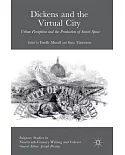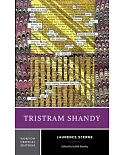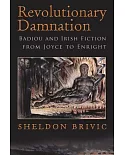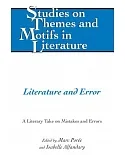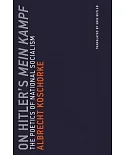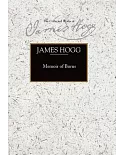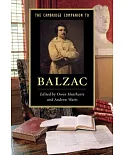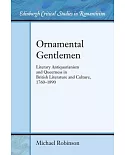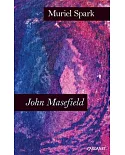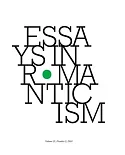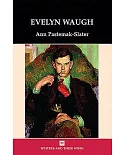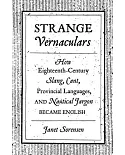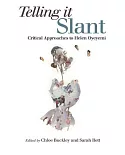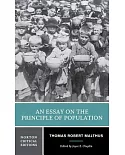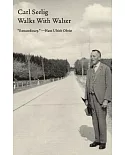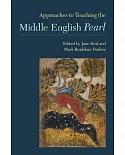In their pursuit of emotional extremes, writers of the Romantic period were fascinated by experiences of pain and misery, and explored the ability to derive pleasure, and produce creative
energy, out of masochism and submission. These interests were closely connected to the failure of the industrial and democratic revolutions to fulfil their promise of increased economic and
political power for everyone. Writers as different as Frances Burney, William Hazlitt, John Keats, and Lord Byron both challenged and came to terms with the injustices of modern life through
their representations of submission. Andrea K. Henderson teases out these configurations and analyses the many ways ideas of mastery and subjection shaped Romantic artistic forms, from
literature and art to architecture and garden design. This provocative and ambitious study ranges widely through early nineteenth-century culture to reveal the underlying power relations that
shaped Romanticism.


